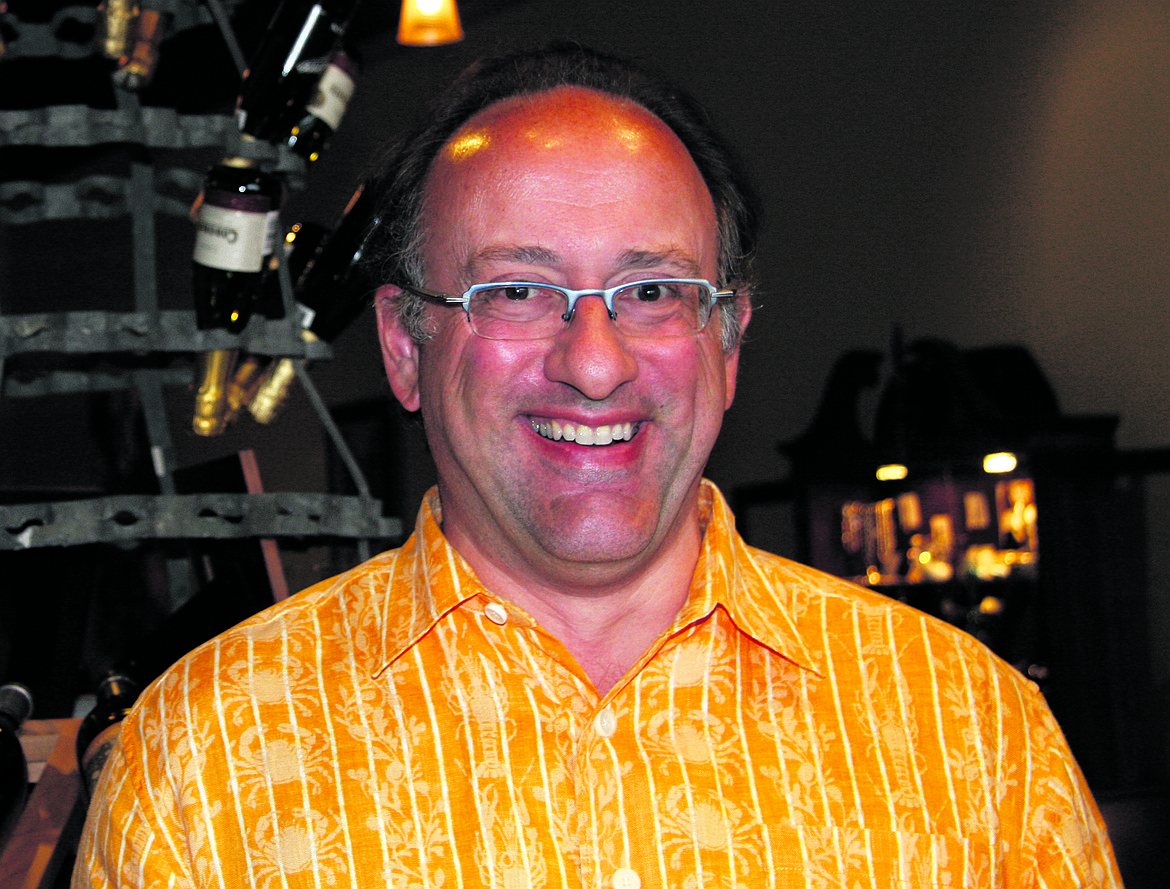ADVERTISING: Advertorial — Make the best wine you can…
So, the advice went to one of our favorite winemakers. The discussion that led up to the advice was centered around intervening as little as possible in the wine making process while still recognizing that from time-to-time winemakers do need to intervene to produce the best product possible that they put in the bottle. As wine consumers we all like the least manipulated wines possible, but at the end of the day, or the end of the bottle as the case may be we want the wine to taste really good.
There are many marketing slogans and non-interventionist sayings in the wine industry right now. Some are good and accurate and descriptive of desirable approaches to making wine. Others are bunk. And still others result in wine that may not be very good to drink.
One of the easiest targets for wine consumers right now is sulfites. Many of us have allergic reactions to some wines and many assume it is due to the sulfites that are in wine. Your reaction may have nothing to do with sulfites though. Sulfites are naturally occurring during the winemaking process specifically from fermentation. If you are drinking sulfite free wine it is actually more manipulated than wine that still contains the naturally occurring sulfites. Some winemakers will also use added sulfites that perform a number of functions during the winemaking process.
A couple of pointers on determining if you are in fact reacting to sulfites or something else. Some of the highest sulfite foods are French fries, dried fruit, bottled salad dressing, ice cream and frozen yogurt. If you consume these foods and don’t have an allergic reaction, the chances are you are not reacting to the sulfites in wine either.
One other simple pointer, there are some devices like wands or screens that claim to remove the sulfites in wine. Put simply, they do not work. They are a complete scam. The chemical process to eliminate sulfites is complex and time consuming there is no way or scientific basis for something that is in contact with wine for such a short period of time to remove any sulfites.
Another of the marketing slogans that is used frequently is “dry farmed wines.” Dry farming grapes is a practice of growing grapes with no outside irrigation. Grapes are dry farmed in many appellations around the world. Especially in Europe it is used in the older vineyards just because it has always been done that way. There are many vineyards across the west that also dry farm. It does not however produce better wine, or better for you wine. Dry farming has no impact on the quality of wine made from those grapes and does not result in wine that would cause you to react less or wines that are lower in alcohol. Interestingly, dry farming is also not required for a wine to be certified organic.
A winemaking process that is used in many wineries is native yeast fermentation. This process involves allowing the yeast that naturally live on the grape bundles or live in the winery facility to do the fermenting work of consuming sugar to produce alcohol and generate CO2 as a byproduct. It is a legitimate winemaking process and we have tasted good and bad wines fermented with native yeasts. It does not however make wines that are any better for you, or produce fewer allergens. Our good friend Rich Funk owner winemaker at Saviah Cellars in Walla Walla has a great line about native yeast, “It’s a nice concept but it is hard to control the little suckers.”
Another marketing slogan that seems to be in vogue right now is “naked wines”. While I can guess it is referring to wines that are less manipulated there is no requirement on the definition of a naked wine and no evidence, whatever it means, that it makes them better for you.
The best approach is to find wine that you enjoy drinking and that appeals to your palate and is a good value to you. If you have allergic reactions to wine start making note of which wines you do and don’t react to. For winemakers we think that simple line of “make the best wine you can”, is a good guidepost. There will be times when adding a bit of sulfite, or inoculating your wine with a specific non-native yeast, or irrigating your grape crop, or introducing some water during the winemaking process or any of the other tricks discovered over the millennia that wine has been made are warranted. Let’s all admit it, if any of those tricks make better wine, they are worth it.
• • •
George Balling is co-owner with his wife, Mary Lancaster, of the Dinner Party, a wine and gift shop in Coeur d’Alene by Costco. The Dinner Party has won the award for best wine shop in North Idaho twice, including for 2018.
George is also published in several other publications around the country. After working in wineries in California and judging many wine competitions, he moved to Coeur d’Alene with Mary more than 10 years ago to open the shop.
You can also follow us on Facebook at facebook.com/#!/dinnerpartyshop or visit www.thedinnerpartyshop.com.

